|
Watching the news and seeing the talk on social media regarding COVID-19 (coronavirus) is enough to work any adult into a state of anxiety - now imagine how it feels for a child to be hearing and seeing all of this! We’d like to share a few thoughts on how to have conversations with the children in your life regarding the coronavirus to help you navigate this uncertain time 1.CHECK YOURSELF. Before you engage in any conversation about the coronavirus, be sure that you are coming from a place of peace and calm. Children feed off of our emotional state. Your calm demeanor and presence can help your child regulate his or her emotional state - a process known as coregulation. Do what you need to do to cope well and take care of yourself, whether that’s through prayer, meditation, exercise, hobbies, or other healthy habits.
2. BRING IT UP. Don’t be afraid to have a conversation about COVID-19 with your kids. Rachel Ehmke with the Child Mind Institute writes, “Kids worry more when they are kept in the dark.” Bringing up the topic won’t create more fear and worry - it will actually help ease it (if handled appropriately). 3. LISTEN FIRST. Your kids, whether they go to private school, public school, or are homeschooled, have more than likely heard about the coronavirus from classmates, friends, adults, and the media. Start by asking them what they already know. It can be as simple as: “Have you heard anything about the coronavirus?” “What have you heard?” It’s important to listen to their thoughts and feelings, so that you know where to start in addressing their concerns. 4. CONSIDER DEVELOPMENTAL LEVEL. When answering your child’s questions, keep his or her developmental level in mind. If your child is very young (toddler age) chronologically and/or developmentally, keep your language simple and concise. School-age children will be able to understand more, but they think in concrete terms. Therefore, simplicity and clarity are key. It's always a good idea to ask your child to repeat back to you what they heard you say. This helps you assess whether or not your child has understood you clearly. On a related note - avoid watching the news or having intense conversations about COVID-19 while kids are within earshot. You never know what bits of information (or misinformation) they hear and misunderstand. 5. EMPOWER. Teach your kids strategies to help them stay mentally, physically, and emotionally healthy. Our kids’ mental health is strengthened by routine, so try to keep their schedule as consistent as possible. Remind them that when they feel worried, they can talk to you and that you will do your best to help. Teach them tools such as deep breathing and muscle relaxation and use fun activities to reduce anxiety. And of course, reinforce personal hygiene! All of these strategies will empower your kids and give them confidence amidst the coronavirus craziness!
0 Comments
For a lot of people this week kicks off the start of the holiday season, which often coincides with overloaded schedules and more visits with family. Regardless of whether you love your family or you would rather spend time anywhere but there (wherever there is for you), many people have concerns about how to handle different conversations and take care of their mental health in this season.
Reminder: You can say “No” and it be a complete sentence. Many of us forget that no can be a complete sentence. As a society, we are used to people giving us explanations for saying no and then having those explanations judged as valid or not. But here’s the thing - if we always say yes, our yeses can become less valuable because others assume we will always say yes. Saying no can help us build a culture of consent and teach people to honor our choices. If the thought of saying “no, thanks” feels enormous, here are some other options:
Permission slip: You have permission to choose what conversations you engage in. There is nothing like the family table to bring up tense, heated discussions. You are hereby granted, through the power of this blog post, to remove yourself from conversations you don’t want to participate in. Not sure how to side step a conversation? Here are some ideas:
Something to Note: You get to create boundaries that work for you. Sometimes family members have exceptions about something because “it’s always been that way”. If that works for you that is great, but sometimes old systems or expectations stop working for us as we age, grow, and create our own internal ideas. This holiday season, you can create boundaries that work for you. They could look like this:
Holidays can be hard, but they don’t have to negatively impact your mental health. You can do this! You are capable and able to stand firm in your needs — don’t underestimate your personal power and conviction. If one of our 9 Reasons to Go to Counseling resonated with you or someone you love, you might be wondering if counseling will be the best fit for you. Some people have a lot of questions like what kinds of counseling are available, what sessions will be like, how counseling works (or if it works), and if it is the right choice. Here are a few common questions about counseling and our answers: What kinds of counseling are available?
Counseling sessions can be for individual clients, couples (dating, pre-engagement, pre-marital, or married), and families of all ages. Individual clients often work on individual mental health concerns, transition adjustment, or other areas of concern. Clients who coming for couples sessions spend the majority of their time focusing on solidifying or improving the relationship in areas of communication, problem solving, intimacy, and many other areas. Family sessions help bring the whole (or part) of the family together to build support for one member of the family or increased coping skills for a transition or adjustment the family is experiencing. While individuals, couples, and families may come in for other reasons than listed above, this may give you an idea for what type of counseling would be best for you. If you are still not sure, not all counselors work with each kind of client, but all counselors can help you assess what kind of counseling could be the best fit for you. What will sessions be like? This can vary a little from counselor to counselor, however, most sessions are similar. During the first few sessions you counselor will likely ask a lot of different questions to help them learn more about you, your history, your concerns, and your goals for counseling. After these sessions, your counselor will begin to help you work on your goals through different counseling styles, techniques, and occasional “homework” assignments. Your counselor may tell you more about their style of counseling and what to expect from them in the first session. How does counseling work? Some people find themselves feeling skeptical about the impact of counseling. They might wonder if it “works” or if it is a good use of their time and resources. We may be biased, but we say 100% YES - counseling is beneficial to each of our clients. Counseling uses different tools to help clients sort through the emotional, mental, and some physical impacts of life situations. Counseling is not a “quick fix” and your counselor cannot “fix you”. What your counselor does is come along side their clients and help them identify their next best steps as they work through a variety of issues. When clients come to counseling ready to work on different issues they are facing, they often benefit greatly. How do I know counseling is right for me? As we mentioned in our post 9 Reasons to go to Counseling, if you think counseling might be right for you, give it a try. Your counselor is trained to help you figure out what kinds of counseling or other services might be the best fit for you. Counselors work for the betterment of their clients and can help connect them to valuable resources they may not have recognized in themselves or their community before. At Bethel Haven, we want to support each potential client in their journey toward wellness by providing access to counseling. If you or someone you love wants to go to counseling, that is one of the best reasons to begin. You can call our office at 706-310-9046 to set up an appointment with one of our counselors. I am often asked by people in my life why someone would want to go to counseling or how to know if someone is ready for counseling. So here are nine reasons to go to counseling:
1. You’re in a big transition. Transitions are a part of life. Your transition can be a new job, a new house, moving across the country, starting at a new school, welcoming a new baby, starting an adoption or foster care journey, and many other life activities. Sometimes, whether good or bad, happy or sad, transitions can be a stressor. Working with a counselor before, during, or after a transition can help you identify all of the different thoughts and feelings in each stage and provide support in the adjustment phase. 2. You want to learn better or more coping skills. Sometimes the things we have done in life to help us in times of stress seem to stop working. Our minds race when we try to read books or exercise feels more like an energy drain than a boost. Working with a licensed counselor can help you identify patterns of thoughts or behaviors that previously worked and create space to explore new coping skills—because sometimes two heads are better than one when thinking about these things. 3. You’re isolating yourself more. Alone time can feel refreshing, but sometimes we realize we are spending more time alone than is healthy for us. People are meant to be connected with others as a source of support, encouragement, and social output. If you notice it is harder to spend time with friends, family, or make social engagements, counseling may be beneficial in figuring out the root causes of isolation. 4. You feel strain in your relationships. No one has perfect relationships, however, feeling strain in your relationships can be an extra stressor. If you notice more tension, stress, or frustration in your relationships counseling can be helpful in assessing small changes to increase positive interactions and reduce strain. 5. You’ve noticed your sleep patterns have changed. Sleep is important to every day functioning. If you noticed a change in your sleep patterns, like needing more sleep, needing less sleep, or frequently waking up, a counselor can help you assess potential reasons for this change. Many counselors ask about sleep and sleep changes to help identify root causes of the change that may be related to mental or physical health. 6. You have thoughts about harming yourself or someone else. If you ever have thoughts about harming yourself or someone else it is important you connect with a counselor. A trusted counselor can help identify negative thinking cycles, strong sources of support, and provide feedback and plans for client safety. If you have thoughts of harming yourself or someone else please call the national suicide hotline at 1-800-273-8255. 7. You want to talk to someone else. Sometimes we can feel stuck in situations, and it is helpful to talk it out with someone outside of the situation. Your counselor is exactly that—someone outside of the situation that can help you assess your thoughts, feelings, and impact on the situation that you may not always realize. 8. You want to thrive not just survive. Life can be hard, and sometimes it feels like thriving in life is impossible. A counselor can help you process through different life events, help create plans and strategy for change, and provide support and encouragement for thriving in life instead of feeling stuck just surviving. 9. You just want to go to counseling. This is probably the most important reason. If you want to go to counseling that is all the reason you need. Everyone has mental health. At Bethel Haven, we want to support each potential client in their journey toward wellness by providing access to counseling. If you or someone you love wants to go to counseling, that is one of the best reasons to begin. You can call our office at 706-310-9046 to set up an appointment with one of our counselors. Suicide is a hard topic, and it never gets easier to talk about it. We’ve collected some of our thoughts on suicide and reaching out for help in honor of National Suicide Awareness Week.
What to do if you are having suicidal thoughts First, if you are having thoughts of suicide make a promise to yourself to wait at least 24 hours. Your thoughts do not have to become actions. After making yourself this promise reach out for help. Even if you feel alone there are many people in your life who want to support you. Do it right now. If you cannot find someone to reach out to or they do not understand call the National Suicide Prevention Lifeline at 1-800-273-TALK (8255) or text the Crisis Text Line (text HELLO to 741741). These are free services available 24 hours a day, seven days a week. If you need immediate help you can call 911. The Impact of Suicide Second, suicide is becoming a major public health concern in the United States. In 2017 it was the 10th leading cause of death overall (NIMH). The National Alliance on Mental Illness found that 1 in 5 adults with experience a mental health concern and come from a variety of racial, ethnic, and gender groups. How do I know if someone I love is struggling with thoughts of suicide? Common signs and symptoms of suicidal thoughts include:
Ways to cope with suicidal thoughts and feelings Positive things to add to your life include:
Negative things to remove from your life include:
How can I help? Listen. Notice your family and friends. Sometimes when a person is having suicidal thoughts it can feel impossible to reach out. Check on your people you know have struggles, check on your people who are always there for others, check on your people because you can, check on your people when you notice they are “off”, just check on your people. Ask. Asking someone if they are thinking about hurting themselves or if they feels safe with not “put ideas in their head”. Asking your people lets them know you are a safe person to engage this conversation with. If someone shares they are having suicidal thoughts with you, take their concerns seriously and help connect them with a safe space. Eye Movement Desensitization and Reprocessing, also known as EMDR, is a therapy treatment originally designed to reduce stress related to PTSD and other traumas. This treatment modality has gained a lot of popularity since its founding in the late 1980s and has been utilized as a gold standard treatment for several mental health concerns over the past 25 year.
So what exactly is EMDR? EMDR harnesses the brain’s natural tendency to move toward mental health by encouraging the system to consider past disturbing events in a detached way. The brain does this by following clinician-led bilateral (two ways, side to side, and often left to right) movements or sounds with the goal of replacing maladaptive or negative thoughts with more adaptive or positive thoughts. The most popular bilateral method uses eye movements which mimics REM sleep (the good, deep, reparative sleep). So you’re saying it’s hypnosis? No, it’s not hypnosis! The client is fully awake, fully aware, and fully able to control the processing experience. The processing time is a lot like watching a movie of past life events going by—you might experience them by feeling some of the past emotions and body sensations but you do not have to fully re-experience the event. How long does EMDR take? Much like other methods of counseling there is no one answer that fits for everyone. EMDR is an eight-phase treatment and depends on the presenting concerns of the client as to how quickly they will move through each phase. Some research does suggest that one processing session is equivalent to 6 talk therapy sessions. EMDR has 8 phases? You read that right. EMDR has 8 phases. Here’s a brief description of the phase: Phase 1 is a history taking phase. These sessions focus on naming memories and events the client wants to processes. The clinician is evaluating the client’s readiness to begin processing and helps tailor the EMDR treatment to the client. This is also the best time for clients to share any nervousness they have about processing. Phase 2 focuses on preparing the client for success by teaching the client specific, detailed self-soothing and coping techniques to handle different levels of emotional stress. Phases 3-6 are the processing phases and take the most time. These are the sessions where bilateral movements are utilized and memories are processed. Phase 7 is the closing phase where the processing is evaluated. Phase 8 closes the EMDR treatment and addressed progress and future direction. Who can benefit from EMDR? EMDR can be utilized with a variety of clients of all ages (children, teens, and adults) wishing to work through a variety of concerns. EMDR has had the most success with Post-Traumatic Stress Disorder (PTSD). Clients with other traumatic and stressful situations, anxiety, and panic disorders have also seen great benefits from EMDR. If someone is experiencing heightened, distressing, and long-term emotional responses around specific events and experiences they might benefit from EMDR. How do I get started? Bethel Haven has an EMDR trained clinician that can help identify if this modality could be helpful for you. You can call the office to set up an appointment. A few years back - I found myself stuck in a mental rut. Years of deep rooted family issues came to a peak - job insecurities and financial roller coasters, striving for perfection in a life of constant failures as a parent - balancing marriage, work, and community - internal pressures I placed on myself.
As a result, my mind was in a constant state of noise - without peace or passion - not living only surviving. I knew I was not walking in the freedom God so desires for us as His children. Physically I was healthy - strong - active - however, my mental health was dwindling. I kept asking myself ( and my community)- why can’t I get over it? Where is this coming from? I truly gave a good effort with all of MY power - which only caused more frustration. I needed more - I deserved more - my family deserved more - I wanted LIFE- Joy - healing - hope. I made the call. I reached out. At first, I felt as if counseling couldn’t possibly help me - it was not for me - it was a label I did not want. However, I wanted to move forward, and this step was my next. After only one hour - one session- I was more aware than ever of all that I was constantly processing and how it was affecting my spiritual and mental outlook. I was stuck. God had brought me to a place where in order to move forward I had to go back to allow healing and to process. Years of suppressed hurt from a divorced family and unhealthy boundaries within family had brought me to a point of exhaustion, failure, anxiety - I had to learn - to retrain - to work new brain muscles to fight these tendencies. Through counseling I was led through healing prayers - God’s truths and love were spoken over me in new, life-changing ways. His constant presence revealed. Healing began. I could see freedom - Hope was renewed. Your story may not be my story. Your needs not the same as my needs. But without a doubt - I know your mental health is as important to you as my mental health is to me. Our thoughts affect our lives - our families’ lives. God desires for us is to live in His freedom - in His constant peace and love. Counseling is a journey from which I have been able to see constant growth in myself. I am encouraged along the path God has laid out for me to live my best life. I am proud to say I see a counselor. I urge my friends to do the same. I have placed my middle school son in counseling before his first crisis. Why? Because our mental health is crucial. It gives us life over destruction - joy over hopelessness - love over fear. Thank you to Ivey Broxton for sharing your story with us. Finals week is here! Do you feel stressed? Overwhelmed? Like you don’t have enough time to do all the things you need to do?
Did you know that high amounts of prolonged stress (hello, finals week!) can cause headaches, anxiety, restlessness, lack of motivation or focus, fatigue, sleep problems, feeling overwhelmed, social withdrawal and irritability? It feels impossible to study for finals without experiencing high levels of stress. But there are ways that you can decrease your stress that will ultimately help you be more productive as you study. Here are eleven things you can do while studying to help decrease stress symptoms so that you can be healthier and more balanced as you study:
We are offering an opportunity for college students to take a study break for an hour or two at our college de-stress night. On May 2nd from 6-8 we will be having yoga, snacks and mental health tips to help you de-stress and be even more energized to study for finals. Come join us at Athens Church and take some time to recharge! We have a ton of talented people at Bethel Haven who are working hard to make sure that the Athens and Watkinsville area communities can receive high quality counseling services. We want to give you the opportunity to get to know our staff better with our monthly Staff Spotlight!
Today you will have the opportunity to learn more about our Executive Director, Jackie Jones. How long have you been involved at Bethel Haven? I have been involved with Bethel Haven for three and a half years. What was it like getting involved at Bethel Haven? Well, the same place that I sat to do my interview is the place where I did hours and hours of personal counseling. It seemed amazing that God would allow me to be a part of helping others experience the same growth that I was able to experience through counseling. What do you love about counseling? Counseling has been a game changer for me personally. When clients come to counseling they often feel overwhelmed, are lacking hope, and some of them are in true despair. After experiencing time with a great counselor there is a complete shift for our clients. It changes how they feel about themselves, their family dynamics, their work dynamics - it can really change us from the inside out What do you love specifically about Bethel Haven? I love that Bethel Haven makes counseling a possibility and not a luxury. We are able to step in and help regardless of what financial situation you are coming from. There are many people who call our office who have reached out to other places for help and have not been able to afford the session fees. A lot of times when people call and we share our price point they are overwhelmed with tears and gratitude. And I believe that we have the best counselors in town! What do you love about being part of the Athens and Watkinsville community? Our community has the deep desire to reach out and serve the less fortunate. Being part of a non-profit I have gotten to experience that in a new way. We have so many leaders with the focus of: “how do we help?” I love the fact that it really is a small town. Going out in the community I see people that we are getting to help all the time. That is exciting to me because I see that as we are helping them we are having influence with children, in marriages, and in many other areas. What is your best mental health tip? Mental health is just as important as physical and spiritual health. They are all tied together and to have a whole heart each of those things are just as important. I would love for our community to see that mental, physical and spiritual health are all tied together and equally important. What do you like to do for fun? I like to dance and love friends and connecting. Those are things that give life! What is coming up at Bethel Haven that you are excited about? Mental health month is coming up in May. It is our desire to show the community how important mental health is. We have a few events coming up! May 2nd we are having a College Mental Health Night. On May 3rd Empire South will be partnering with us for fundraising. On May 4th is the Pounds Coffee Open House for mental health month. Follow us on Instagram at @bethelhavencounseling or like our Facebook page to keep up to date on these and other exciting events! It is at the point in the school year where high school seniors are experiencing the peak of senioritis and all they can think about is what is next. Many high school seniors are looking ahead with great anticipation of starting their college experience.
For many students, college is the “best four years of your life.” The reality is that the college transition can be a difficult one for many students. One of the best ways to prepare for this transition is to set realistic expectations for what this will be like. As a first year college student, you will have new responsibilities. Some of these responsibilities include maintaining a schedule, getting yourself to class, meal preparation and/or planning, managing your finances or a budget and creating new community. Remember: Your responsibility will increase, but God's responsibility will stay the same. This means that you will need Him in new ways, and He will meet you in new ways. 2. As a first year college student, you will have more choices. These choices will include your classes, your major, your career, who you hang out with, and how you spend your time. Remember: Watch out for the comparison trap or sacrificing your values in order to "fit in". For example: Your friends may have their "life planned out" but this does not matter. Embrace the path God has for you. 3. As a first year college student, you will experience rejection and failure (in new ways). You may experience failure in the classroom. You may experience failure in attempts to make friends and meet new people. You may experiencing failure in managing new responsibilities. Remember: This happens to everyone. How you learn from failure and respond matters most. These moments are an opportunity to turn to God and see Him work in your life. 4. As a first year college student, you will experience a transition. Regardless of how prepared you are, everyone must transition to college life. There is no way that you can anticipate all of the changes to come. What you can do is prepare for these transitions by managing expectations and setting up a support system. Remember: Be prepared to experience some difficulty in your transition. It will most likely be challenging and that is okay. Who can support you? College looks different for everyone. What is challenging for some seems easy for others. Some college freshman feel at home immediately while others need time to adapt. If you are a college freshman experiencing some of these challenges or a high school senior who would like to prepare for the transition, our counselors at Bethel Haven can help. Call our office at 706.310.9046 to make an appointment with a counselor. |
Bethel HavenWritten by our counselors to help promote your help, hope, healing Archives
June 2021
Categories |

1622 Mars Hill Road Suite A Watkinsville, GA 30677
P: 706-310-9046
office@bethelhaven.net
Bethel Haven, Inc.
Copyright © 2016
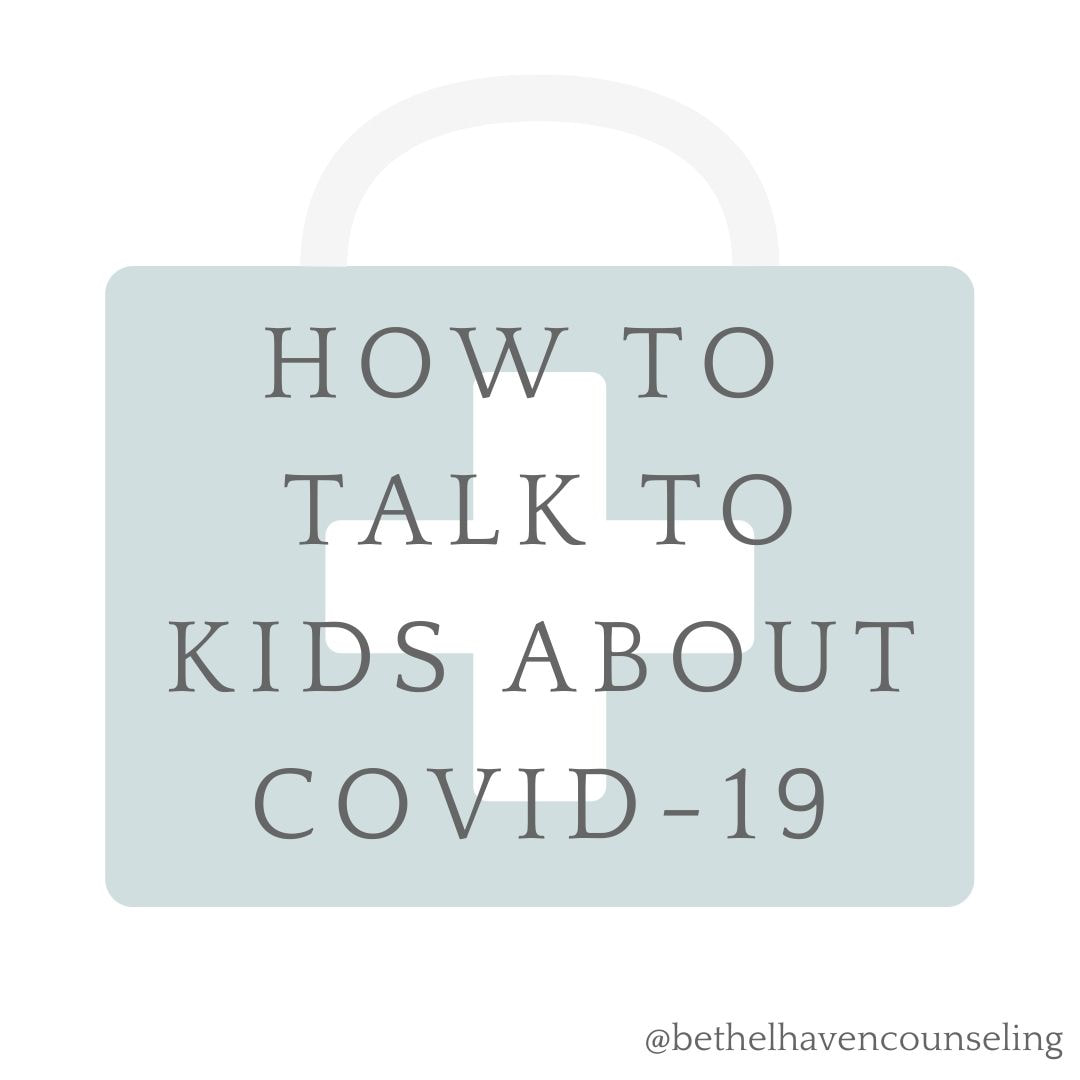
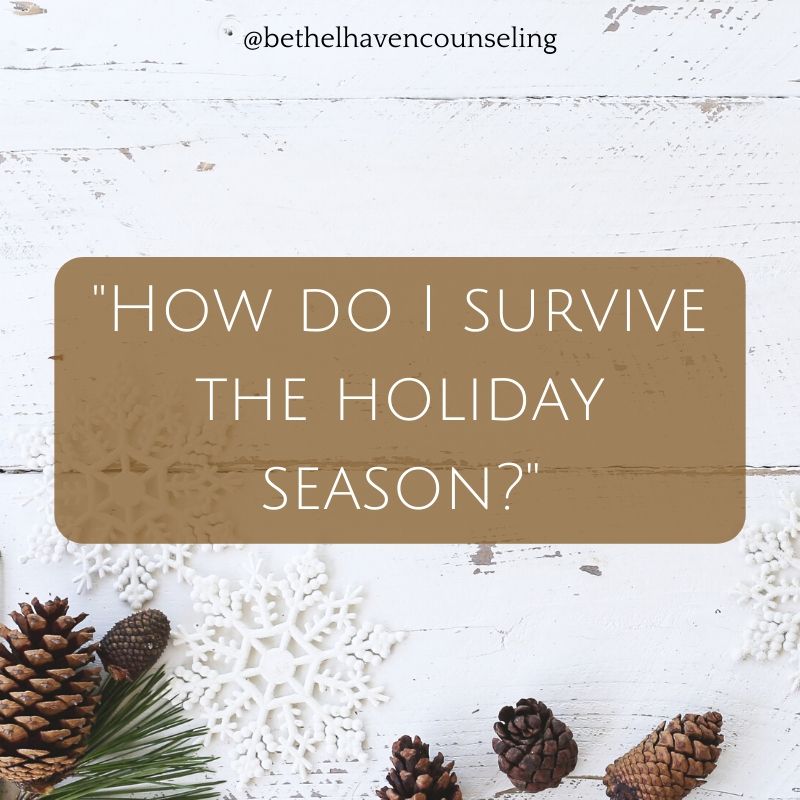
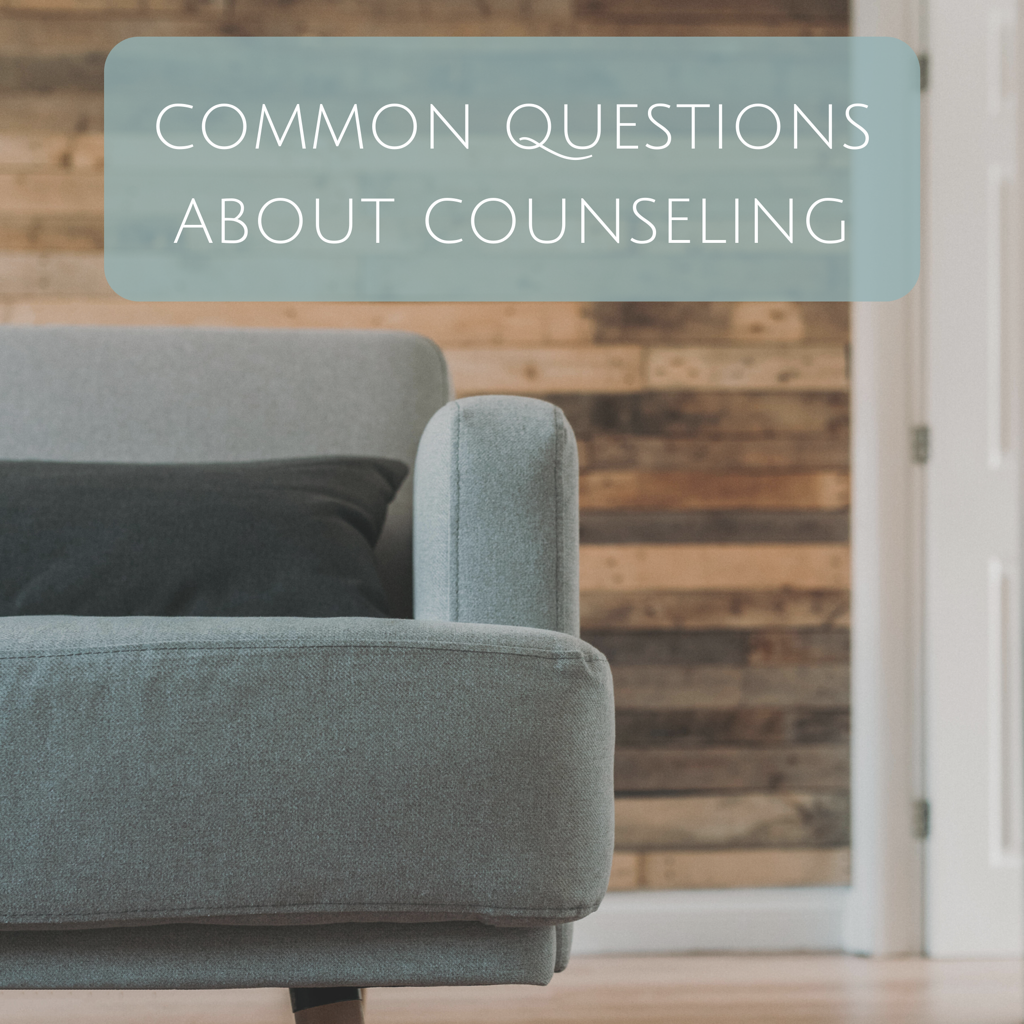

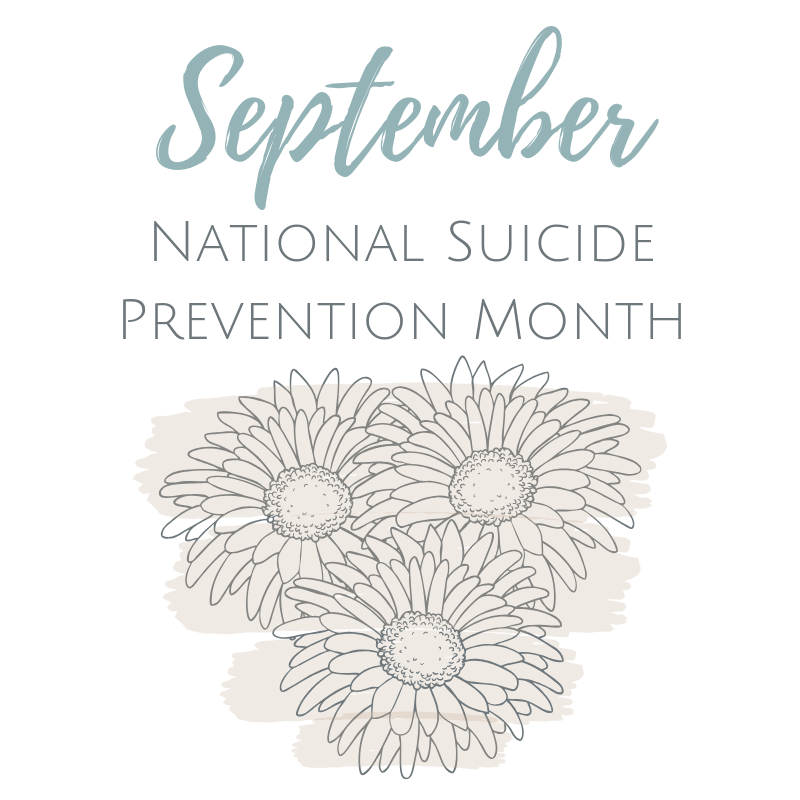

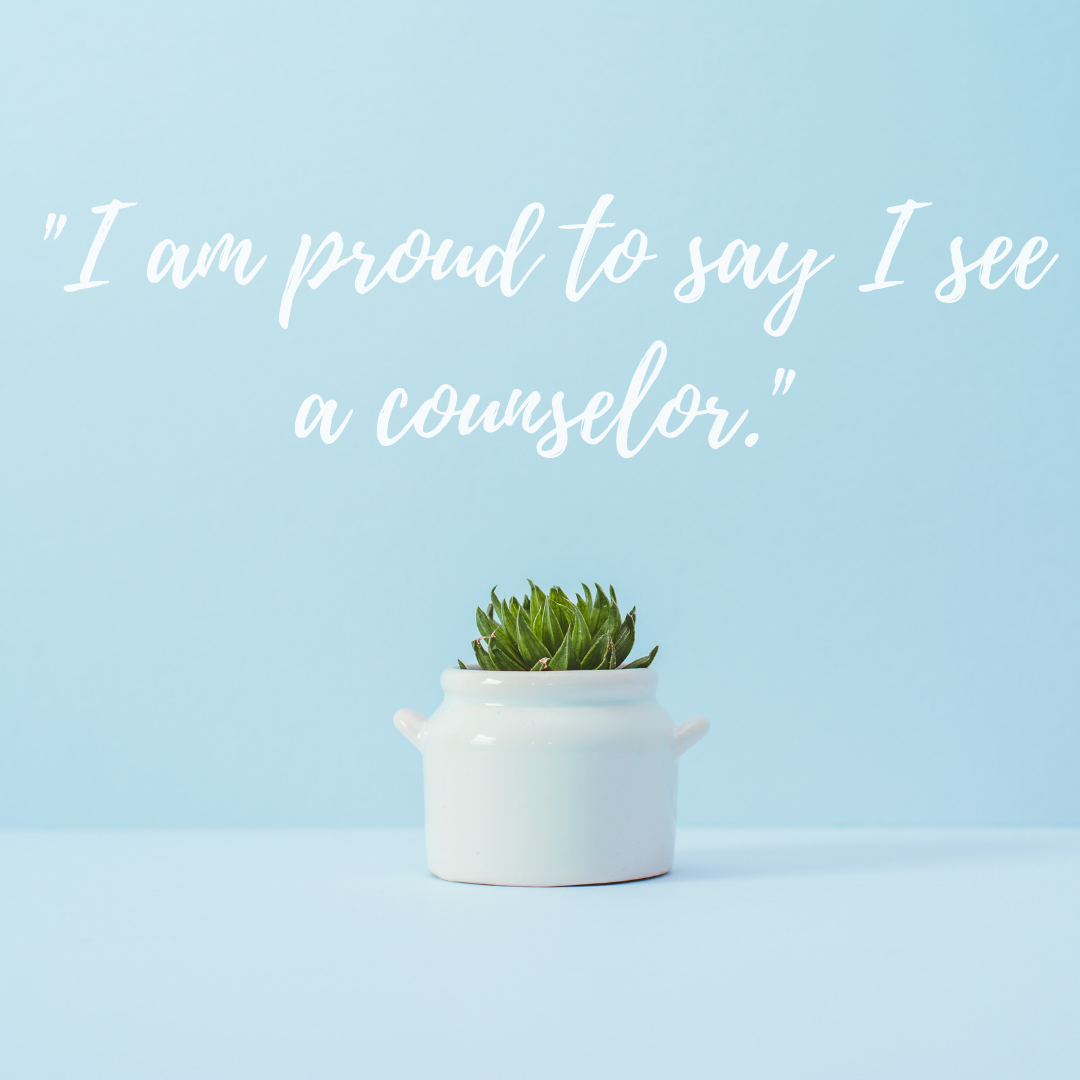
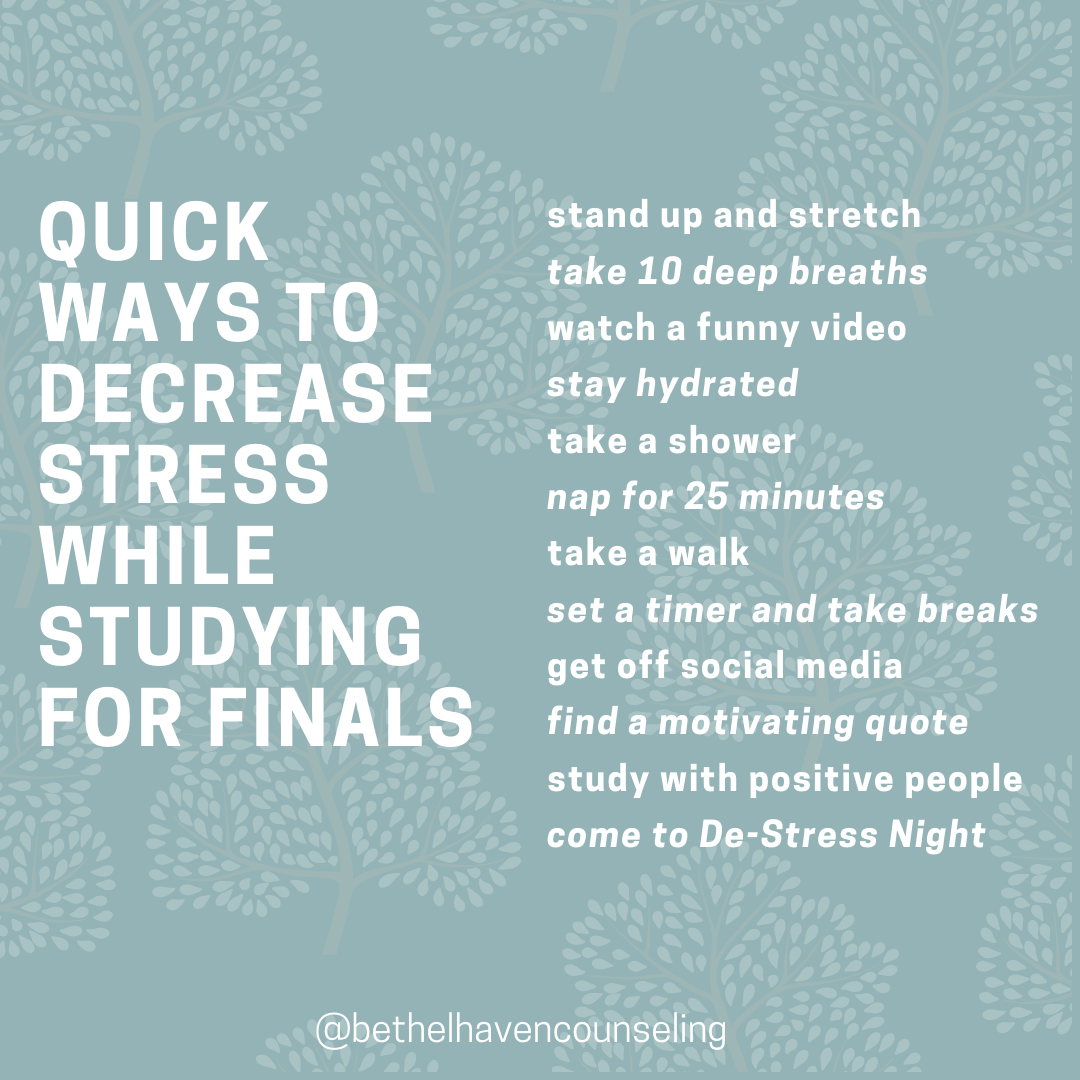
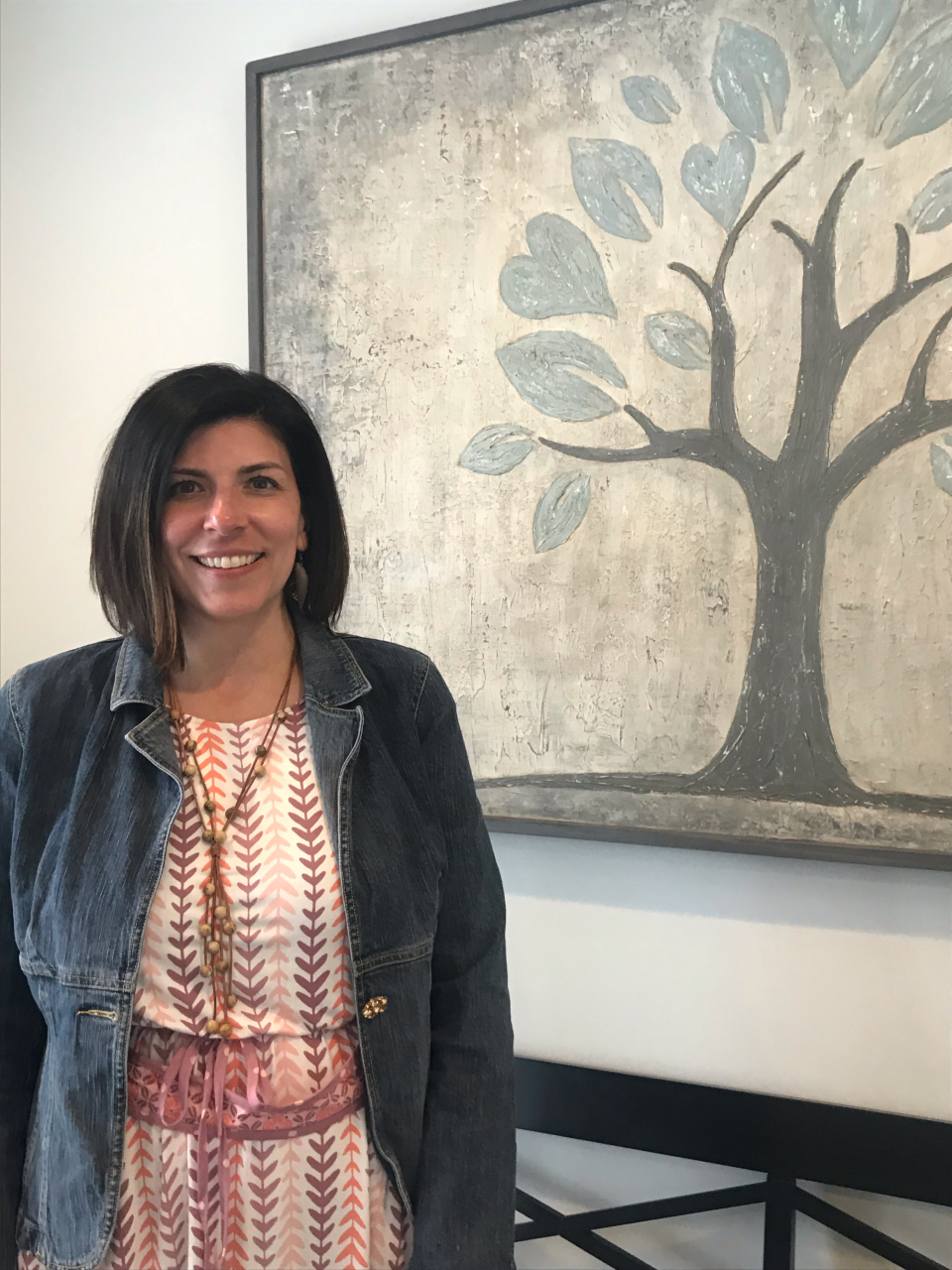

 RSS Feed
RSS Feed
